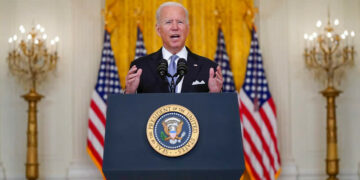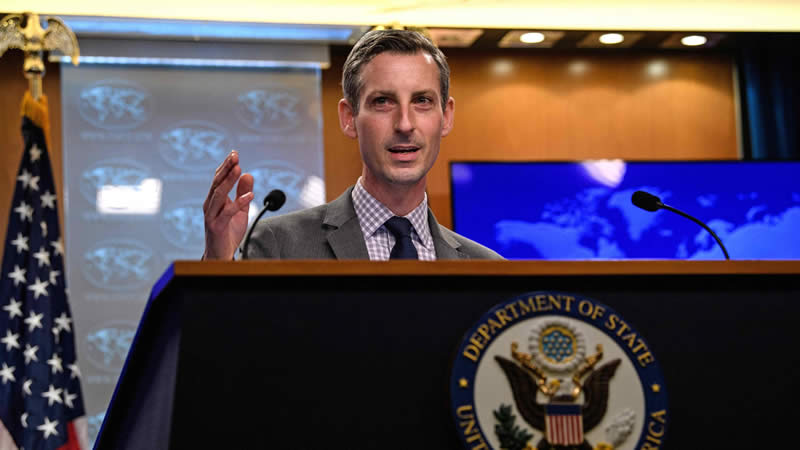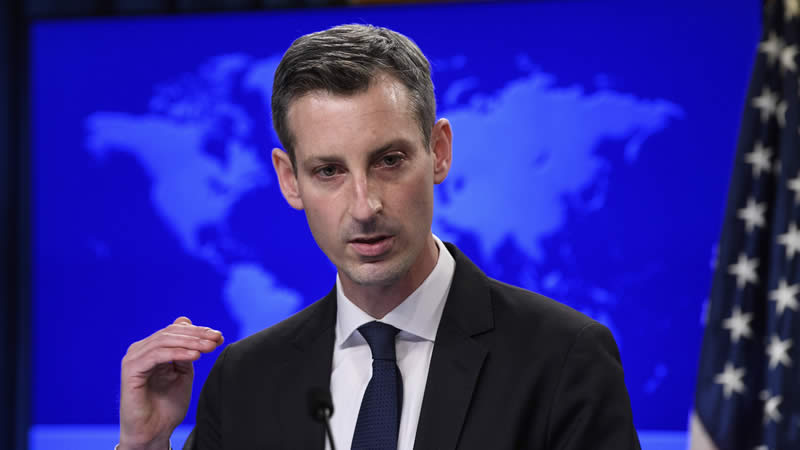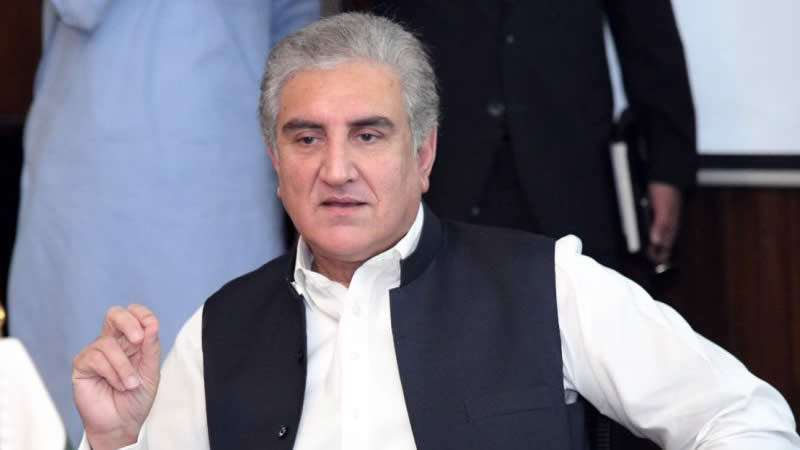 More Americans now disapprove of President Barack Obama than approve of him as high unemployment and government spending scare voters ahead of November’s congressional elections, a Reuters/Ipsos poll showed on Tuesday.
More Americans now disapprove of President Barack Obama than approve of him as high unemployment and government spending scare voters ahead of November’s congressional elections, a Reuters/Ipsos poll showed on Tuesday.
In the latest grim news for Obama’s Democrats, 72 percent of people said they were very worried about joblessness and 67 percent were very concerned about government spending.
The unemployment rate of 9.5 percent and the huge budget deficit are dragging down the Democrats and eating away at Obama’s popularity only 20 months after he took office on a wave of hope that he could turn around the economy.
Another bit of bad economic data arrived on Tuesday when the National Association of Realtors reported sales of existing homes plummeted in July to their slowest pace in 15 years.
Piling the pressure on Obama, the top Republican in the House of Representatives called on the administration’s economic team to quit.
Obama’s disapproval rating was 52 percent in Tuesday’s poll, overtaking his approval rating for the first time in an Ipsos poll. Only 45 percent of people said they approved of the president’s performance, down from 48 percent last month.
That number, coupled with a hearty 62 percent who think the country is going in the wrong direction, could spell trouble for Democrats, who control both chambers of Congress and the White House.
But amid the bad poll numbers, a non-partisan congressional body on Tuesday reported that the Democrats’ massive 2009 stimulus package helped keep the economy afloat.
Vice President Joe Biden said the Congressional Budget Office report provided further evidence that the economic stimulus was “working to rescue the economy from eight years of failed economic policy.”
House Republican leader John Boehner called for a fresh start on the economy. In a campaign-style speech, he urged Obama’s top economic advisers to resign, saying, “It’s time to put grown-ups in charge.”
While Obama has two more years before facing voters in a presidential election, all 435 seats in the House are up for grabs, along with 37 Senate seats and 36 governorships in November’s elections.
Typically in midterm elections — when there is no presidential race — the party in power in the White House suffers losses in Congress.
The Republicans are predicted to perhaps take control of the House and win a significant number of seats in the Senate.
Forty-six percent of registered U.S. voters would likely vote for Republican candidates in November and 45 pct for Democrats, according to the Reuters/Ipsos poll, which surveyed 1,063 adults and was conducted August 19-22.
The poll has a margin of error of 3 percentage points.
PATIENCE WITH OBAMA HAS ‘VANISHED’
The country’s deep worry about jobs, at a level not seen for decades on any single issue, could prompt voters to punish Democrats who have had control of Washington since early 2009.
“The economy is really catching up to Obama and his administration,” said Ipsos pollster Cliff Young. “For a time, voters gave him the benefit of the doubt. He inherited a very dicey economic situation and they were willing to give him time,” Young said. “Patience has … basically vanished.”
Three consecutive months of decline for Obama’s approval rating is a definitive trend that could hurt Democratic candidates in November, despite progress in bringing about economic growth after a deep recession, Young said.
The Congressional Budget Office estimated that the emergency stimulus spending boosted the economy between 1.7 percent and 4.5 percent in the second quarter this year. CBO said the stimulus law of 2009 also created or saved 1.4 million to 3.3 million jobs in that quarter, lowering the national unemployment rate.
Republicans were being blamed more than Democrats for using partisan tactics to block progress, according to the survey.
Thirty-six percent said Republicans were to blame for political gridlock in Washington because of fighting between the parties, while 28 percent said it was the Democrats’ fault. A total of 78 percent agreed that partisanship was stopping Washington from working effectively.
Ironically, those results came after the Democratic-controlled Congress racked up an unusual number of major legislative accomplishments, including healthcare reform and revamping the troubled financial industry.
When Congress returns in mid-September from a long summer recess, one of the top items on its agenda will be deciding whether to let tax cuts, enacted under former President George W. Bush, expire at the end of the year.
The Reuters/Ipsos poll provides lawmakers with little direction on which way to turn.
While 54 percent of those surveyed put a high priority on reducing the U.S. budget deficit, nearly half, 49 percent, said Bush’s tax cuts should be extended for all Americans, a move that could lead to significant revenue losses over the long-term. That in turn could lead to even higher deficits, unless Congress and the White House can agree on deep domestic spending cuts that typically are hard for any political party to achieve.











